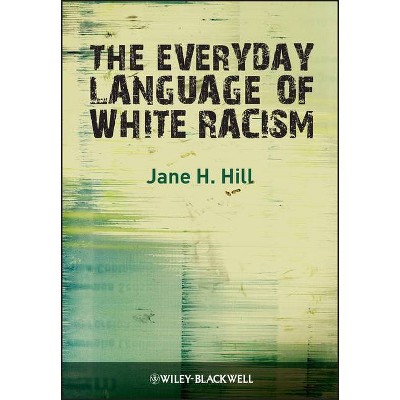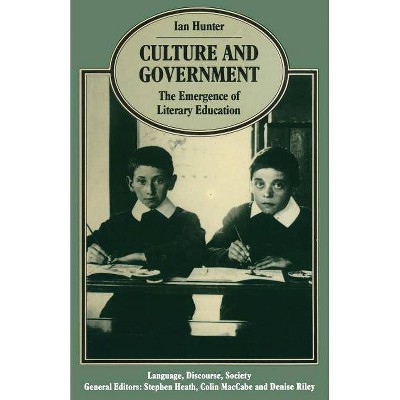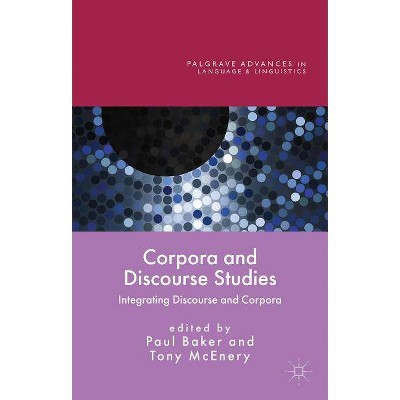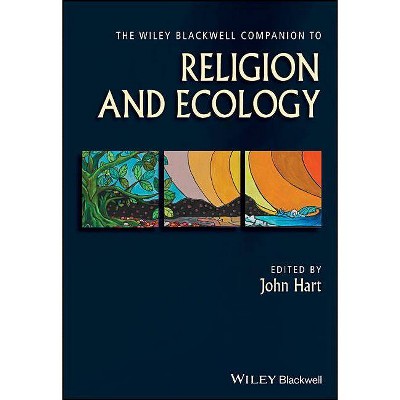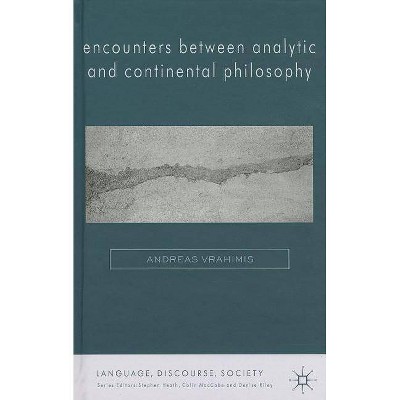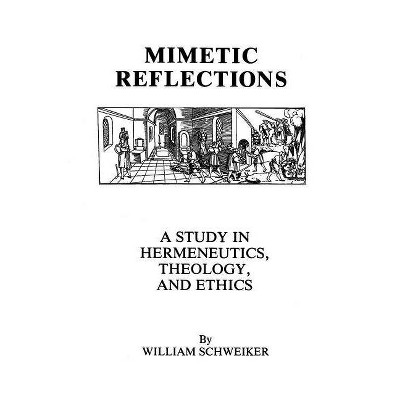Language and Muslim Childhoods - (Wiley Blackwell Studies in Discourse and Culture) by Inmaculada Mâa Garcã-A-Sànchez (Hardcover)
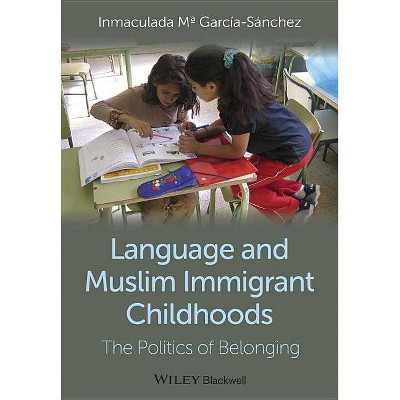
Similar Products
Products of same category from the store
AllProduct info
<p/><br></br><p><b> About the Book </b></p></br></br>"This revealing analysis of everyday language use among Moroccan immigrant children in Spain explores their cultural and linguistic life-worlds as they develop a hybrid, yet coherent, sense of identity in their multilingual communities. The author shows how they adapt to the local ambivalence toward Muslim culture and increased surveillance by Spanish authorities. Offers ground-breaking research from linguistic anthropology charting the politics of childhood in Muslim immigrant communities in Spain Illuminates the contemporary debates concerning assimilation and alienation in Europe's immigrant Muslim and North African populations Provides an integrated blend of theory and empirical ethnographic data Enriches recent research on immigrant children with analyses of their sense of belonging, communicative practices, and emerging processes of identification"--<p/><br></br><p><b> Book Synopsis </b></p></br></br><p>This revealing analysis of everyday language use among Moroccan immigrant children in Spain explores their cultural and linguistic life-worlds as they develop a hybrid, yet coherent, sense of identity in their multilingual communities. The author shows how they adapt to the local ambivalence toward Muslim culture and increased surveillance by Spanish authorities. </p> <ul> <li>Offers ground-breaking research from linguistic anthropology charting the politics of childhood in Muslim immigrant communities in Spain</li> <li>Illuminates the contemporary debates concerning assimilation and alienation in Europe's immigrant Muslim and North African populations</li> <li>Provides an integrated blend of theory and empirical ethnographic data</li> <li>Enriches recent research on immigrant children with analyses of their sense of belonging, communicative practices, and emerging processes of identification</li> </ul><p/><br></br><p><b> From the Back Cover </b></p></br></br><p>Documenting the everyday lives of Moroccan immigrant children in Spain, this in-depth study considers how its subjects navigate the social and political landscapes of family, neighborhood peer groups, and the institutions of their adopted country. Garcia- Sánchez compels us to rethink theories of language and racialization by offering a linguistic anthropological approach that illuminates the politics of childhood in Spain's growing communities of migrants. The author demonstrates that these Moroccan children walk a tightrope between sameness and difference, simultaneously participating in the cultural life of their immigrant community and that of a 'host' society that is deeply ambivalent about contemporary migratory trends.</p> <p>The author evaluates the contemporary state of research on immigrant children and explores the dialectical relations between young Moroccan immigrants' everyday social interactions, and the broader cultural logic and socio-political discourses arising from integration and inclusion of the Muslim communities. Her work focuses in particular on children's modes of communication with teachers, peers, family members, friends, doctors, and religious figures in a society where Muslim immigrants are subject to increasing state surveillance. The project underscores the central relevance of studying immigrant children's day-to-day experience and linguistic praxis in tracing how the forces at work in transnational, diasporic settings have an impact on their sense of belonging, charting the links between the immediate contexts of their daily lives and their emerging processes of identification.</p><p/><br></br><p><b> Review Quotes </b></p></br></br><br><p>"Overall, Garcia-Sanchez presents linguistic analysis and data in a way that balances sophistication of argument with clarity and accessibility to those without extensive linguistic training. As a result, this monograph should be appealing both to seasoned scholars and undergraduate students in linguistics and linguistic anthropology, as well as to cultural anthropologists and social scientists interested in Europe, migration, and childhood." (<i>Anthropos</i>, 1 October 2015)</p> <p>"...García-Sánchez's book adds to the current literature on socialization, identity construction, and immigration by showing how these larger issues can have direct impact on how the children of immigrants perceive themselves as accepted members of their societies." (<i>Journal of Linguistic Anthropology</i>, 18 May 2015)</p><br><p/><br></br><p><b> About the Author </b></p></br></br><b>Inmaculada M<sup>a</sup> García-Sánchez</b> is Assistant Professor of Anthropology at Temple University, Philadelphia, USA, where her research focuses on language and the immigrant experience; language and culture in educational contexts; language and racialization; and language socialization in immigrant communities. Her work on immigrant children has been published in journals such as <i>Linguistics and Education, Pragmatics, and Multicultural Perspectives</i>, and she contributed to <i>The Handbook of Language Socialization</i> (Wiley-Blackwell, 2011). García-Sánchez has received numerous awards for her work, and in 2012 was granted a postdoctoral fellowship co-funded by the National Academy of Education and the Spencer Foundation.
Price History
Cheapest price in the interval: 107 on November 8, 2021
Most expensive price in the interval: 107 on December 20, 2021
Price Archive shows prices from various stores, lets you see history and find the cheapest. There is no actual sale on the website. For all support, inquiry and suggestion messages communication@pricearchive.us
